Plant-based protein refers to protein sourced from plants and vegetables. This is the primary way vegans get their protein. It is considered that vegans may lack sufficient protein because the most common protein sources are animal sources. This is even more critical for vegan athletes who need more protein in their bodies compared to non-athletes. However, plant-based protein and plant-based protein supplements may help vegan athletes get the amount of protein they need to perform optimally.
This article analyzes the effect of plant-based protein on body composition and athletic performance. You will also find science-backed suggestions that can support vegan athletes.
Plant-Based Protein, Performance and Body Composition
Protein is an essential nutrient for the body, especially for athletes. As noted by the International Society of Sports Nutrition (ISSN), an athlete’s intake of protein contributes to performance and adaptation to exercise.
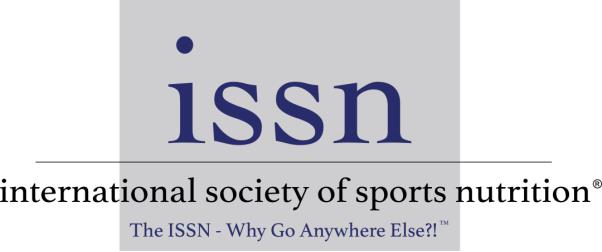
Scientific literature and evidence suggest that the protein requirements for exercising individuals and athletes are 1.5-2.0 times higher than generally recommended for non-athletes. According to a paper published by the National Center for Biotechnology Information (NCBI), high-protein diets may assist with fat loss, more significant activity-related energy expenditure and a greater thermogenic effect from food than other macronutrients.
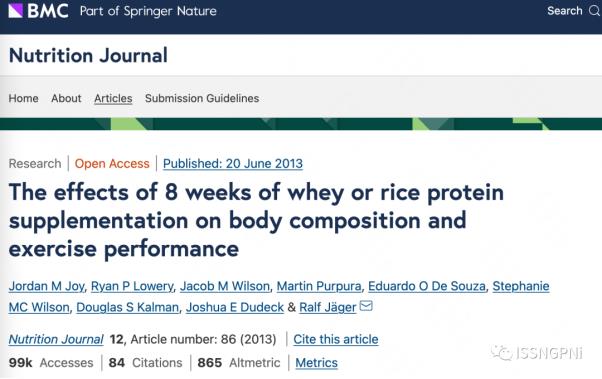
The amount of protein required by individuals is determined by the nature of the exercise and the goals they seek to achieve. Whether protein is plant or animal-based, it will affect body composition, particularly in the muscles, fat and bone.
However, studies conducted by the ISSN and other scientific bodies reveal that vegan athletes and trainers seem to consume less protein than their counterparts on a mixed protein diet. Plant-based protein sources often lack essential amino acids and typically contain fewer Branched Chain Amino Acids (BCAA), than the animal-based protein sources. Prominent examples of amino acids that are limited or absent in plant-based protein include methionine, lysine, threonine, isoleucine and tryptophan. The most commonly absent of these seems to be lysine, especially from cereal grains. What does this mean for vegan athletes? To compensate the lack of certain essential proteins they have intentionally optimize their diet through supplements and specific intakes of certain foods to ensure their bodies get the protein they need.
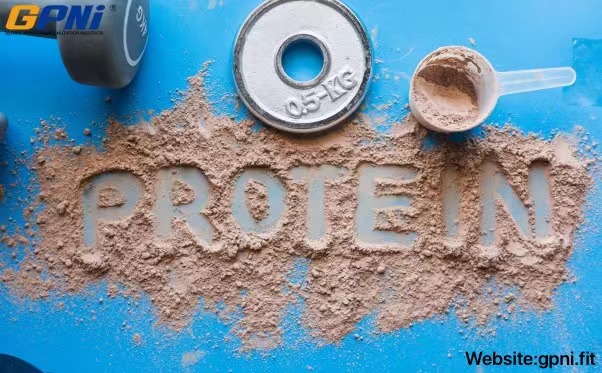
Suggestions on Plant-based Protein for Vegan Athletes and Trainers
1. Eat High-Protein Foods
One way for vegan athletes and trainers to get all the protein they need is to specifically eat certain foods that have been proven to be rich in protein. An ISSN article aimed at offering practical advice on vegan diets to athletes and trainers stated that foods such as legumes and beans are rich sources of lysine, one of the significant Branched Chained Amino Acids (BCAA) missing in most plant-based protein sources. The article also noted that lentils and soybeans have high concentrations of leucine. Seeds, tree nuts and chickpeas are also excellent sources of Branched Chained Amino Acids (BCAA).

High Protein Food Sources for Vegans and Vegetarians
- Soybean – Estimated 18 grams of protein per 150-gram serving (when cooked)
- Tempeh – Estimated 18 grams of protein per 85-gram serving
- Lentils – Estimated 9 grams of protein per 100-gram serving
- Tofu – Estimated 8-15 grams of protein per 85-gram serving
- Almond – Estimated 6 grams of protein per 30-gram serving
- Wild rice – Estimated 8 grams of protein per 200-gram serving
- Chickpeas – Estimated 6 grams of protein per 120-gram serving
- Spinach – Estimated 4 grams of protein per 100-gram serving (when cooked)
- Cashew – Estimated 5 grams of protein per 30-gram serving
- Potatoes – Estimated 4 grams of protein in 1 medium white potato
- Avocado – Estimated 2 grams of protein per ½ avocado
- Quinoa – Estimated 4 grams of protein per ½ cup
- Nuts – Estimated 7 grams of protein per ¼ cup
- Hemp seeds – Estimated 7 grams of protein per 2 tbsp
- Legumes – Estimated 7 grams of protein per ½ cup
The ISSN also made a table of some high-protein foods ideal for vegan athletes.
Food | Protein per 100 ga |
Pumpkin seeds (dried, uncooked) | 30.2 |
Lentils (red, split, uncooked) | 24.6 |
Black beans (uncooked) | 21.6 |
Almonds (raw) | 21.2 |
Tempeh | 20.3 |
Tofu (calcium set) | 17.3 |
Oats (rolled) | 16.9 |
Quinoa (uncooked) | 14.1 |
- aData from USDA food composition database SR28
2. Eat a Variety of Protein Foods
Another critical practice for vegan athletes and trainers is to consume a wide variety of protein foods, and the Academy of Nutrition and Dietetics(AND) has recommended this method. Eating a good variety of protein rich foods will ensure that athletes consume all the essential amino acids(EAA) and Branched Chained Amino Acids (BCAA) that they need to support recovery from injuries and to adapt well to training and sports performances.
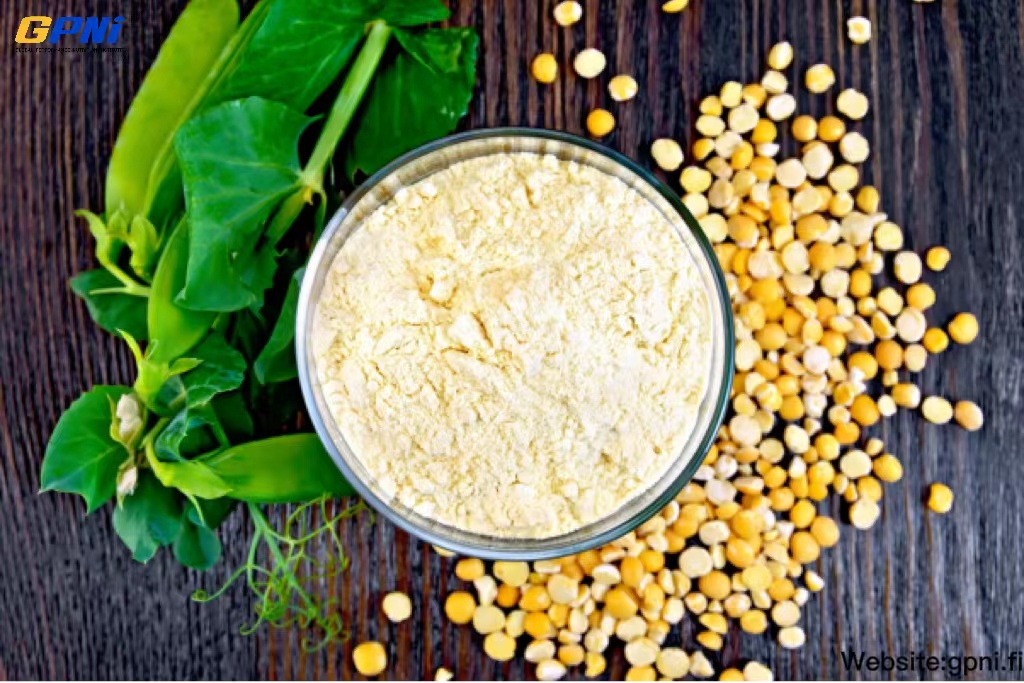
3. Consider the Digestibility of Plant Protein
Another factor that vegan athletes must consider for a diet plan is that, the digestibility of plant-based protein is significantly lower than animal protein. As stated by the ISSN, there are 2 primary methods of determining protein digestibility. Animal protein sources rank higher in both forms. These methods are:
- The Protein Digestibility Corrected Amino Acid Score (PDCAAS)
- Digestible Indispensable Amino Acid Score (DIAAS).
Important plan-based protein sources such as rice, peas and hemp all score markedly lower than animal-based sources such as eggs, chicken and beef in both PDCAAS and DIAAS.
The implication is that vegan athletes have to consume even more protein to make up for the low digestibility of the plan-based protein sources. In the ISSN’s opinion, since vegan athletes consume no animal protein in their diet, it may be prudent to target protein intakes closer to the high end of the ISSN’s protein recommendation of 1.4 to 2.0 g/kg per day while on energy-neutral or energy-positive diets. The ISSN also stated that during weight loss phases, values between 1.8 g/kg/per day to 2.7 g/kg/ per day might be appropriate to compensate for the low digestibility and biological significance of plant-based protein sources.
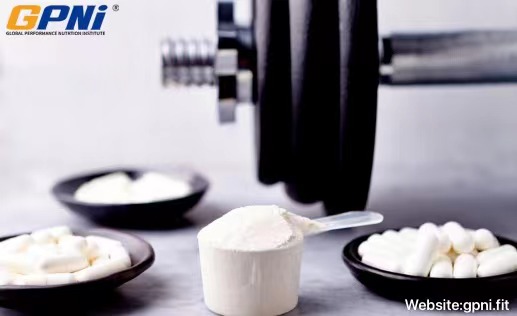
4. Supplementation
Several plant-protein supplements are commercially marketed. While more extensive research is still needed to assess the effect of these supplements on humans, emerging research suggests that plant-protein supplements are effective at improving recovery from training and amplifying exercise performance. This is supported by a study published by the NCBI, which revealed that the administration of plant-based protein powders post-resistance exercise, improved exercise performance and body composition indices.

As reported by the ISSN, preliminary research suggests that plant-based supplements and animal-based supplements have very similar effects on body composition and exercise performance. Therefore, vegan athletes may consider supplemental protein when it is difficult or impossible to get the protein they require from a whole-food diet. Some additional proteins that have been studied and are commercially available include soy (and soy isolate), pea, rice, hemp and composite/blended protein products.
Conclusion
Vegan athletes require just as much protein as their counterparts on mixed protein diets. Therefore, vegan athletes may need to pay careful attention to what foods they consume, ensuring they are rich in protein. They may also need to consume more plant-based protein foods to mitigate the lower digestibility rate of plant-based protein. Finally, some supplements may assist a vegan athlete in making up for the lower digestibility.
To know more about plant-based protein, get learning resources such as those listed below and register today to be a Sports Nutrition Specialist (SNS®) on the GPNi® platform(https://gpni.fit/).
You also learn about the GPNi®’s patented “traffic light system.”
Green – Good & Solid Research
Orange – Some Limited Research but Not Considered Harmful
Red – No Solid Research and Maybe Some Health Concerns
This enables you to learn what safely to recommend to your clients, athletes and yourself.
References
https://jissn.biomedcentral.com/articles/10.1186/s12970-017-0192-9
https://www.ncbi.nlm.nih.gov/pmc/articles/PMC5598028/
https://nutritionj.biomedcentral.com/articles/10.1186/1475-2891-12-86
https://www.ncbi.nlm.nih.gov/pmc/articles/PMC7760812/
https://www.ncbi.nlm.nih.gov/pmc/articles/PMC7760812/
https://www.healthline.com/nutrition/protein-for-vegans-vegetarians
https://www.eleatnutrition.com/blog/protein-vegetarian-athletes







